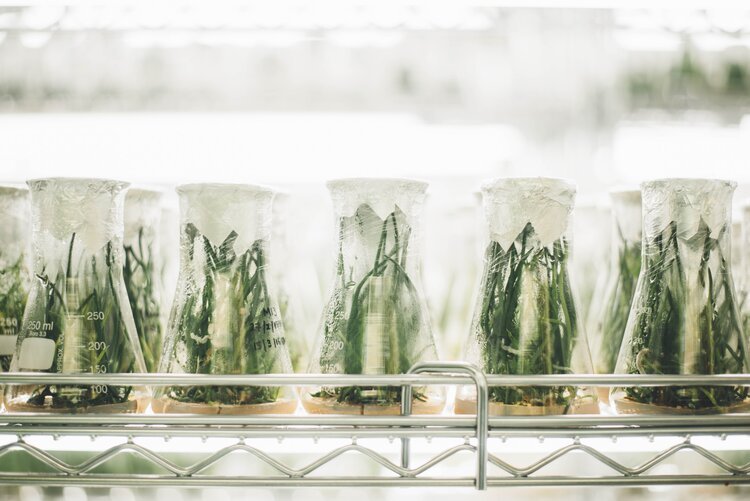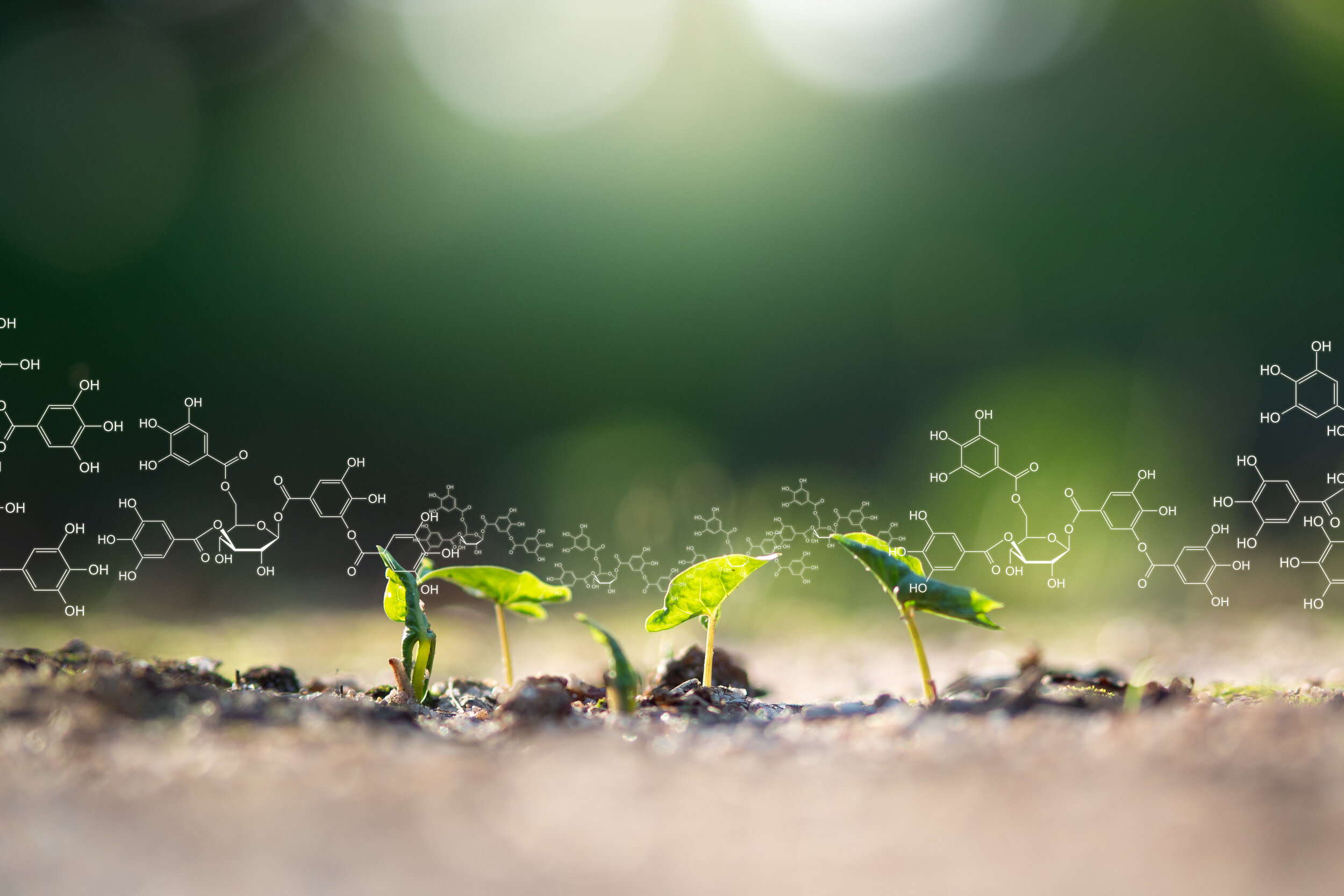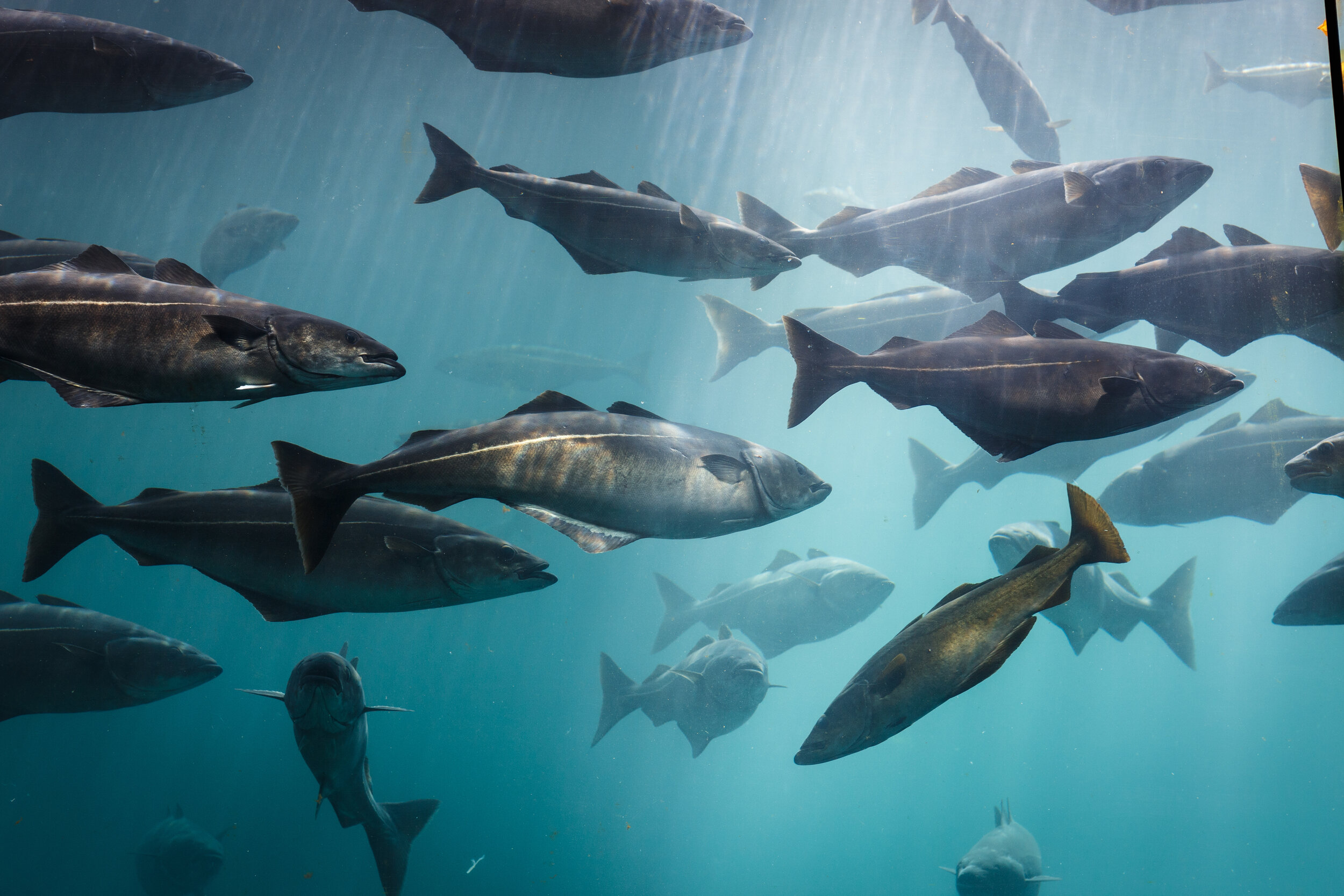
Insights
We have a lot to say about food, science, and technologies in development. These articles are just the tip of the iceberg. Read our most recent thoughts on the state of the industry and more.

All Articles
Featured Articles

Application of Algae in Food Technology
The current sustainable development goals by the UN include abolishing world hunger and sustainably exploiting the world’s oceanic zones.According to the latest World Population Data Sheet from the Population Reference Bureau,recent estimates indicate an increase in world population to roughly 9.9 billion people in 2050.

Mars Needs Milk: A Major Takeaway from CMS: Astro
Helikon focuses on cutting-edge biotechnologies that will change the way the world eats. This year, the Cultured Meat Symposium hosted its first-ever CMS: Astro, focusing on alternative protein technology within the space industry, which grabbed the attention of many at Helikon! At the conference, one fact was made clear: Mars Needs Milk.

An Interview with Food Edge Founder Lauren Abda on the Importance of Disruptive Technology in the Food Industry
Boston based Branchfood will host Food Edge, its 4th annual summit virtually on May 4th and 6th. Food Edge brings together brands, startups, and researchers for New England’s largest food summit.

Regulatory Landscape of Cell-cultured Meat in the US and Beyond
As it stands, cultivation of cell-cultured meat at a commercial scale is still under development. But as products become available to consumers, various aspects of cell-cultured meat production will be overseen by regulatory agencies. In the US, Food and Drug Administration (FDA) and the Department of Agriculture (USDA) will be responsible for the regulation of cell-cultured meat.

Cell Ag vs. Cell Therapy
Over the past few years there has been lots of media coverage on plant-based proteins, cel-
lular agriculture and cell-based meat, with multiple companies successfully producing products
and proofs of concept.

The meat behind GOOD Meat
Cultured chicken was approved by Singapore this past month on December 2, 2020. This marks the first cultured¹ meat product approved by a national government, paving the way for the budding industry’s startups.

Fermentation and Recombinant Protein Technology 101
Historically, the process of fermentation has been used to preserve foods, enhance nutrition, and create alcoholic drinks. From the Vikings, who preserved stores of fermented grains in ceramic pots, to George Washington, who owned his own post-presidential whiskey distillery, to a modern day jar of kimchi or pickles, fermentation has been used for centuries. Today, fermentation has a new role: it is the process at the forefront of creating alternative proteins.

BioProcess 101
What is bioprocessing and what makes it so important? “Bioprocessing is defined as any process that uses complete living cells or their components (e.g., bacteria, enzymes, chloroplasts) to obtain desired products. Bioprocessing is also key to several emerging industries and technologies, including the production of renewable biofuels such as ethanol and biodiesel, therapeutic stem cells, gene therapy vectors, and new vaccines

XPRIZE Launches its Feed the Next Billion Challenge
XPRIZE, a nonprofit organization out of Culver City, California that hosts competitions to create technological advances in order to benefit humanity, has launched its Feed the Next Billion campaign. The Feed the Next Billion challenge is based on the statistic that by 2050, Earth’s population will have risen to 9.7 billion people.

What You Need to Know: Helikon’s Analysis of the 2021 SynBioBeta Food and Agriculture Conference
As the acceptance of cultured meat is growing, so is the money from both traditional sources such as venture capital and partnerships, and non-traditional sources such as NASA and TRISH (Translational Research Institute for Space Health).

An Interview with Synthetic Biologist Dr. Felix Moser: Artificial Life at MIT, Novel Foods, Plastic Sinks, and the Way Forward
Dr. Felix Moser is a synthetic biologist and senior scientist at Synlife. I sat down with him to talk about his experience in synthetic biology, some exciting potentials in biotechnology, the frightening reality of what happens to bacteria when it runs out of resources, and how alternative proteins will change the way we eat.

An Overview of the Challenges and Innovations of the Current Cellular Aquaculture Industry
All things considered. Aquaculture is not without its challenges from mislabeling of seafood products, unethical labor practices and vulnerabilities in the supply chain, to the unsustainable nature of the industry that contributes to climate change and threatens wild habitats.






